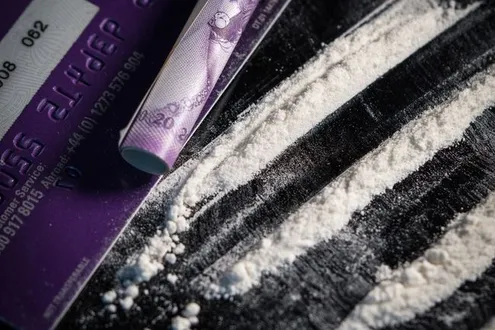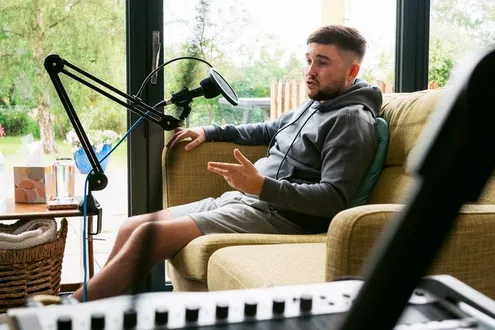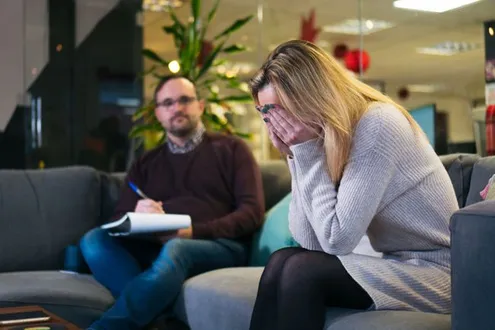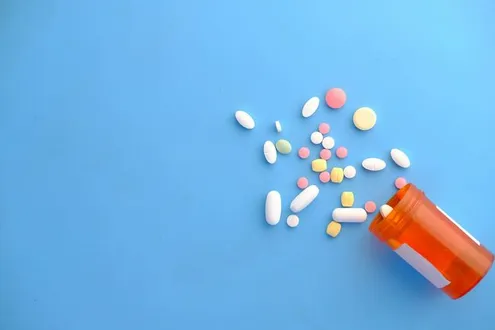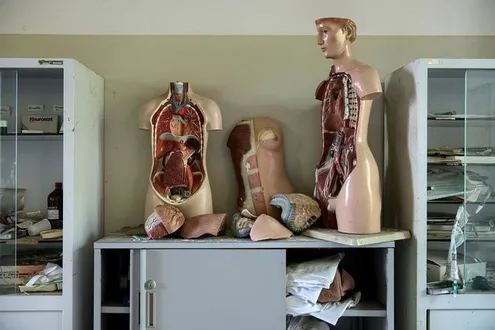Addiction treatment is a term that encompasses everything from detox to residential rehab and outpatient programmes that may include options such as home detoxing, anti-craving medication for alcoholism and therapy. It can help people with compulsive behaviours such as gambling problems, alcohol abuse or drug addiction to overcome the addiction through a bespoke approach to treatment and medical care, helping them to return to a normal and fulfilling life.
Treatment often begins with detox if the individual is physically dependent and focuses on behavioural therapies, such as cognitive behavioural therapy and group therapy. Medicines may also be used alongside behavioural therapies to support treatment and specialist clinics can also help those who may have neurobehavioral conditions such as ADHD.
For those resistant to accessing treatment for their addiction, we are also connected to a professional addiction intervention service to help those in denial understand why it is imperative that they seek help.
If you are unsure what type of treatment may be appropriate for you or a loved one contact our fully trained Treatment Advisors for a free assessment and a personalised treatment plan.

A holistic approach to therapy is often the most effective way to overcome addiction. By addressing the mind, body, and spirit, individuals can learn techniques to better understand their addiction and maintain control, reducing the risk of future relapses. With thousands of recognised types of therapy available, there are many different ways to engage in treatment.
Therapy can also benefit individuals with neurodevelopmental disorders, such as ADHD, offering tailored strategies to navigate their challenges. Some individuals may prefer the shared support of group psychotherapy, while others might opt for the privacy and focus of one-to-one therapy. Skilled practitioners partnered with Rehabs UK bring specialist expertise in addiction, helping individuals identify their triggers, break the cycle of addiction, and access personalised support tailored to their unique needs.
Many individuals struggling with addiction have also experienced trauma, which can act as a significant barrier to recovery. For these individuals, Eye Movement Desensitization and Reprocessing (EMDR) therapy may be an effective option, addressing both the traumatic experiences and their connection to addictive behaviours.
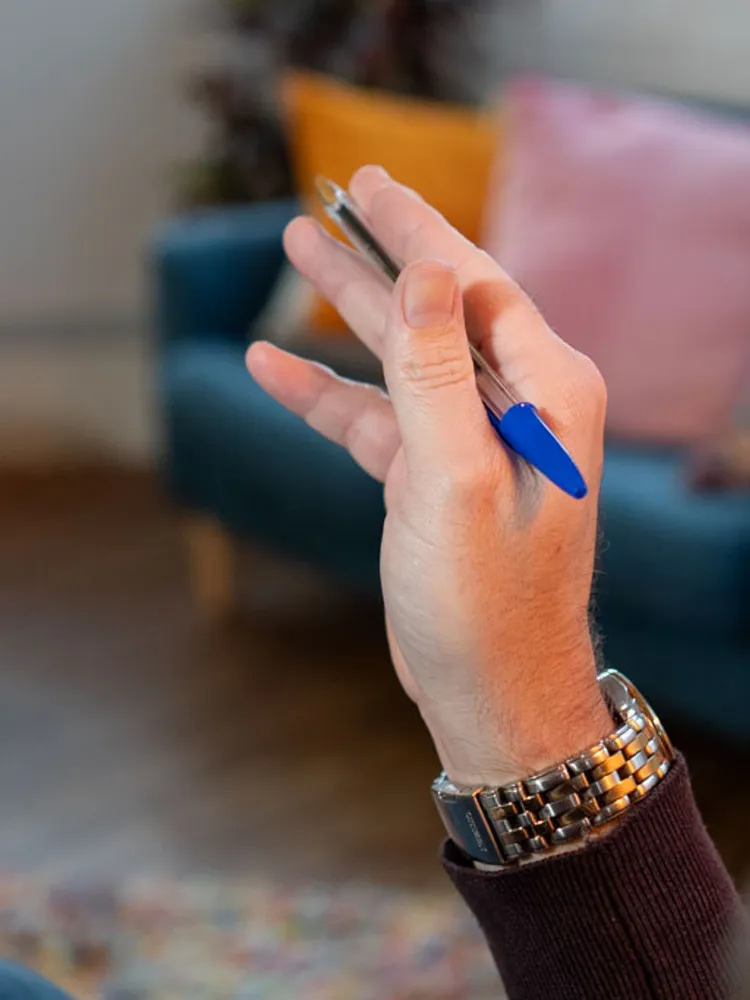
Treatment is the general term for the professional help sought when an individual wants to overcome an addiction. The term ‘treatment’ encompasses all aspects of assistance, from detox to therapy and aftercare. Therapy is a specific part of a wider treatment plan, such as behavioural therapy or counselling, that helps the individual to overcome their addiction. Therapy is delivered by trained professionals in controlled environments and may take place in groups or as one-on-one sessions.
Therapy is an important part of addiction treatment as it helps the individual to understand what may have caused the addiction as well as learning tools to support and sustain recovery. Therapy is not a guaranteed cure for addiction, but it can successfully disrupt the tendency to engage in addictive behaviours and help the individual to understand their addiction, how it impacts on their life and the lives of their loved ones as well as providing them with the techniques they need to manage their addiction and return to a normal, fulfilling life. There are many types of therapy, each offering a different approach and it is important to take advice from professionals on what may be suitable. Studies show that if someone fully engages with therapy, they will be more likely to overcome their addiction, however a continued recovery plan that includes aftercare and attending support groups can be useful relapse prevention tools.
Addiction treatment usually begins with detox if someone is physically dependent as all traces of drugs and alcohol will need to be removed from the body before the treatment and therapy phase can start. For some people it may be possible to detox at home with outpatient support, but for the majority of people and particularly those with severe addictions, detox in a residential rehab centre is more appropriate. Inpatient detox provides round-the-clock support, medical monitoring and is often the safest and most comfortable way to complete the process.
Detox is the first phase of recovery from addiction and is then followed by treatment and therapy to address the many associated psychological, social and behavioural problems caused by addiction. Some individuals may also consider taking medication to support treating their addiction such as anti-craving tablets for alcoholism.


